Monsanto vs. The Public: A Guide to All Lawsuits Filed against Monsanto
Monsanto vs. The Public: A Guide to All Lawsuits Filed against Monsanto
Monsanto is a global agrochemical and agricultural biotechnology corporation. Its work with genetically modified organisms (GMOs) and herbicides like Roundup has fueled many legal battles. These conflicts have centered on environmental and health concerns and have significantly impacted global agriculture.
Despite its claims of promoting agricultural innovation, Monsanto has been on the receiving end of numerous lawsuits. These legal cases accuse the company of causing environmental damage and posing health risks through its products.
This article provides a comprehensive guide to these lawsuits against Monsanto, simplifying the legal complexities for better understanding. The guide also sheds light on potential implications for public health, the environment, and the agriculture industry.
Major Lawsuits Against Monsanto
Several lawsuits marked by unique circumstances and allegations have significantly shaped public discourse surrounding Monsanto's practices. Here, we delve into three major lawsuits that have become emblematic of the legal challenges the corporation has confronted.
The Groundbreaking Case: Johnson vs. Monsanto
In a groundbreaking legal confrontation, Dewayne Johnson took on Monsanto in a case that underscored the alleged health risks of the company's widely used herbicide, Roundup. It’s also the first case about Roundup that was taken to court.
Johnson, a groundskeeper, claimed that prolonged exposure to Roundup, which contained the substance glyphosate, contributed to his terminal cancer diagnosis. While glyphosate has been one of the most widely used herbicides in the world, Johnson’s complaint sparked debates and concerns regarding its harmful and carcinogenic nature on humans.
In 2018, the jury sided with Johnson, awarding substantial damages amounting to $78 million, and the verdict set a precedent for subsequent legal actions against Monsanto.
Hardeman vs. Monsanto
This case marked another pivotal moment in Monsanto's legal history. Edwin Hardeman, a California resident, alleged that exposure to Roundup was a substantial factor in the development of his non-Hodgkin’s lymphoma (NHL).
Similar to Johnson’s case, Hardeman asserted that Roundup posed dangers to human health and was unfit to be marketed and sold. He also alleged that the corporation knew that exposure to glyphosate contributed to an increased risk of cancer, including NHL.
In 2019, the jury ruled in favor of Hardeman, who was awarded $25 million in damages, holding Monsanto liable for his illness. This case contributed to the growing public concern and legal scrutiny surrounding the herbicide.
Pilliod vs. Monsanto
Similar lawsuits soon took place. Alberta and Alva Pilliod, a couple from California, filed a lawsuit against Monsanto. They asserted that their use of Roundup had contributed to their cancer diagnoses. The third Roundup case to go before a jury, this lawsuit was expedited due to the couple’s advanced age and advanced cancer diagnoses.
In 2019, the jury awarded substantial damages to the Pilliods amounting to $87 million. This outcome increased Monsanto's legal pressure and reinforced claims of the company's accountability for health issues related to its products.
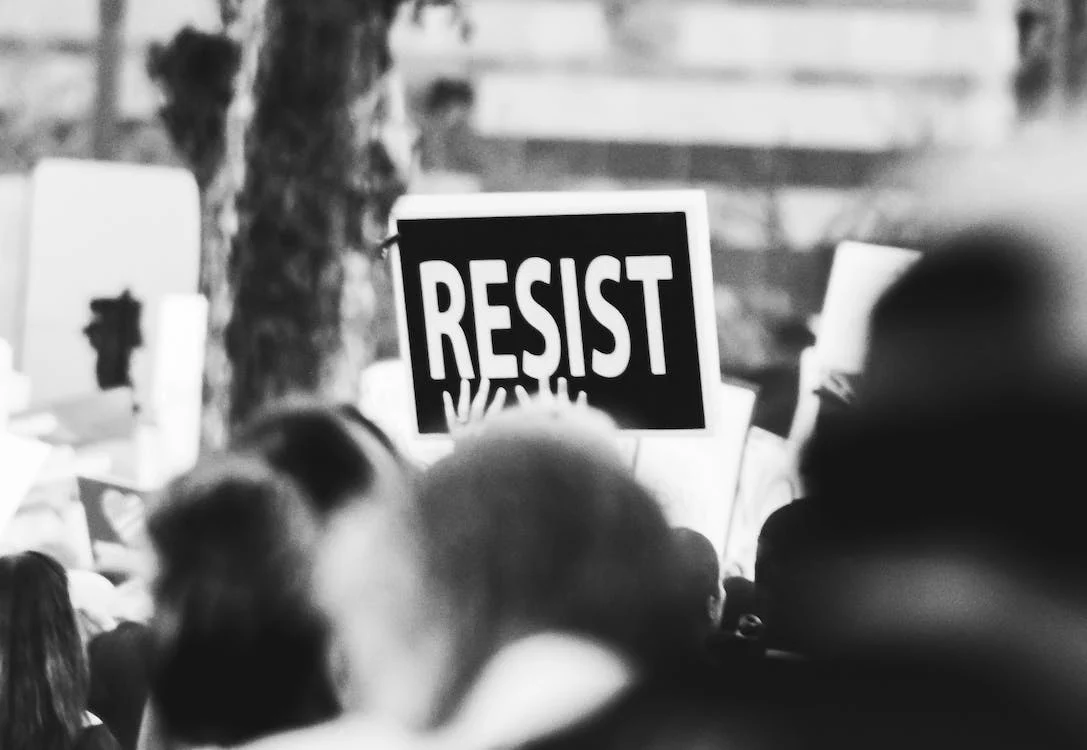
Class Action Lawsuits Filed Against Monsanto
Due to the widespread claims of harm associated with Monsanto products, several class action lawsuits were taken to court.
Class action lawsuits involve individuals joining together to sue a defendant, often a company, for similar grievances. In a class action, one or more plaintiffs, known as class representatives, file a lawsuit on behalf of a larger group, referred to as the class. This mechanism is particularly useful when many people have suffered similar harm from the actions of a common defendant.
These legal actions have brought together individuals who allege similar health issues resulting from exposure to Monsanto's herbicides, creating a collective effort to seek legal recourse and compensation.
Bader Farms vs. Monsanto and BASF
One of the notable class action lawsuits involving Monsanto is the case of Bader Farms vs. Monsanto and BASF. Bader Farms, a Missouri-based peach farm, filed a lawsuit against Monsanto and BASF. They claimed the illegal and negligent use of the dicamba herbicide produced by both companies led to extensive orchard damage.
Bader Farms alleged the herbicide drifted from nearby fields, harming their peach crops and causing financial loss.
In February 2020, a federal jury ruled in favor of Bader Farms, awarding them over $15 million in actual and $250 million in punitive damages. The verdict highlighted the responsibility of agrochemical companies for the collateral damage caused by the use of their products, especially when the application methods contribute to unintended harm.
This case significantly impacted Monsanto and BASF, bringing attention to the potential risks associated with the use of dicamba and other herbicides. The verdict called for stricter industry regulations and responsibility, causing a reevaluation of herbicide use to lessen harm to neighboring farms and ecosystems.
Monsanto PCB Lawsuits
Monsanto also encountered lawsuits regarding its production of polychlorinated biphenyls (PCBs). These toxic chemicals were often used in electrical equipment. Several lawsuits claimed that Monsanto's negligent manufacture and distribution of PCBs caused environmental contamination and health issues.
Several cities and states, including Seattle, Washington, and Oregon, filed lawsuits against Monsanto seeking compensation for the costs associated with PCB contamination. Monsanto was accused of knowing about the harmful nature of PCBs but continuing their production without adequate warnings or safeguards.
Over the course of these lawsuits, Monsanto faced substantial financial consequences. In 2016, Monsanto reached a settlement with the city of Seattle, agreeing to pay $95 million to address the environmental and public health issues caused by PCB contamination. Meanwhile, Oregon reached a settlement of nearly $700 million, the largest Monsanto has paid out, in December 2022.
International Lawsuits Against Monsanto
Monsanto faced significant international lawsuits that had profound implications for the company, affecting its reputation, market standing, and financial outlook.
A Case on Patents: Monsanto’s GM Crop Lawsuits in India
In 2016, Monsanto filed a lawsuit against Nuziveedu Seeds Ltd (NSL) over patent infringement, alleging that NSL was using Monsanto's patented Bt cotton technology without permission.
Bt cotton is a genetically modified cotton plant that produces the Bt toxin, a natural insecticide.
This toxin kills certain pests, such as the bollworm, which can cause significant damage to cotton crops. Bt cotton has been widely adopted by farmers in India, and it's estimated that over 90% of the cotton grown in India is now Bt cotton.
The lawsuit between Monsanto and NSL was settled out of court in March 2021. The settlement terms were not disclosed, but it’s believed that NSL agreed to stop using Monsanto's patented Bt cotton technology.
The settlement ended this particular lawsuit, but it did not resolve the broader issue of the patentability of GM seeds in India. Currently, the Indian Patent Act does not explicitly exclude seeds from being patented, but GM seeds are deemed not directly patentable as of this writing.
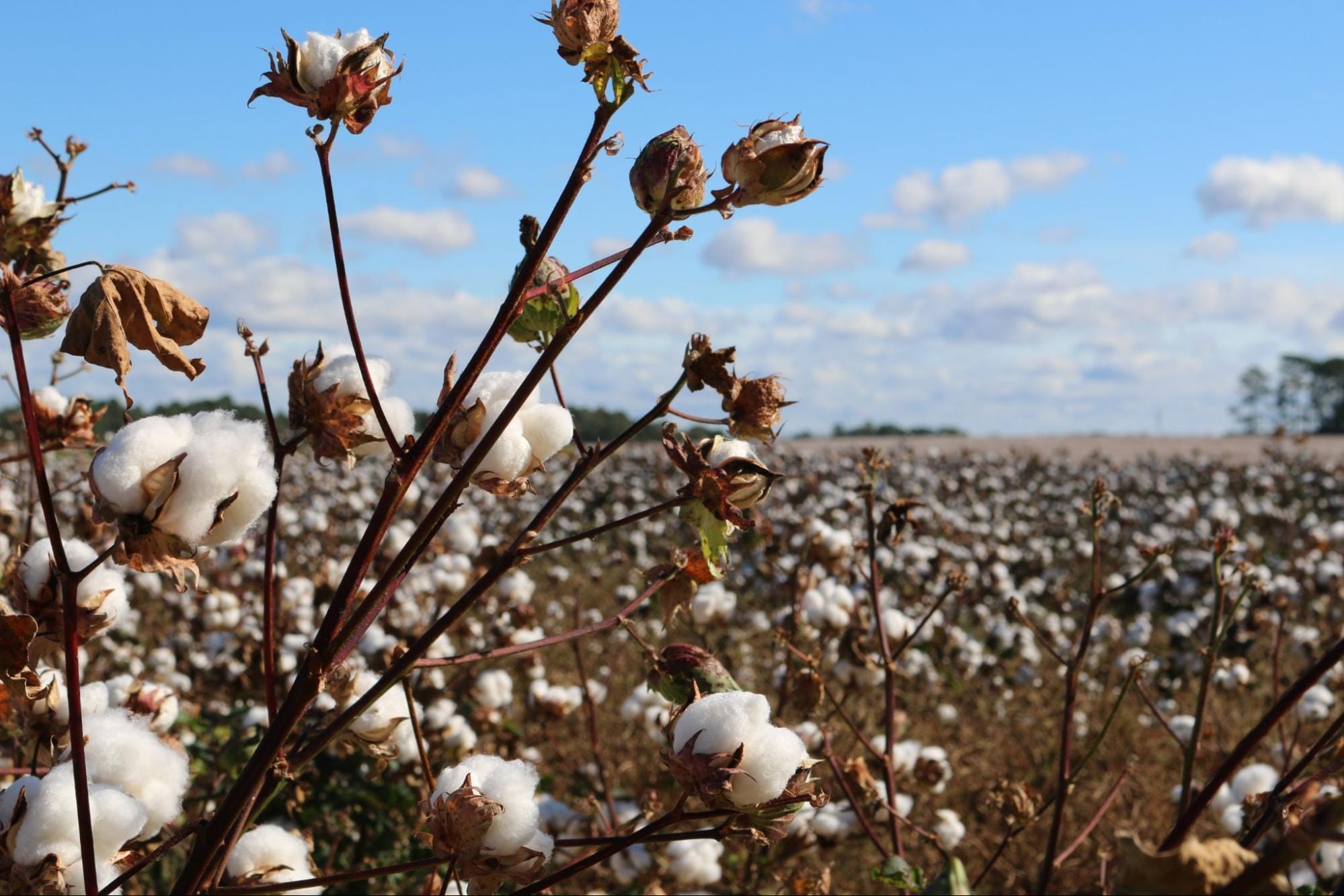
Lawsuits for Health Damages in France
One of the most significant lawsuits against Monsanto in France was filed by Paul Francois, a farmer who suffered neurological problems after using the herbicide Lasso in 2004. Francois claimed that Monsanto failed to adequately warn about the product's risks, leading to his health issues.
In 2012, a French court ruled in Francois's favor, finding Monsanto liable for his intoxication. The court ordered the company to pay damages to Francois. However, Monsanto appealed the decision, and in 2015, a higher court overturned the verdict.
In August 2022, the French farmer’s 15-year court battle ended with Bayer being asked to pay damages worth €11,000—a disappointing figure for Francois.
Monsanto has also faced numerous lawsuits in France over the alleged cancer risks of its glyphosate-based weed killers, such as Roundup. In 2019, a French court banned the use of a specific glyphosate-based herbicide, citing concerns about its potential health risks. This was the first time a national court in the European Union banned the use of a glyphosate product.
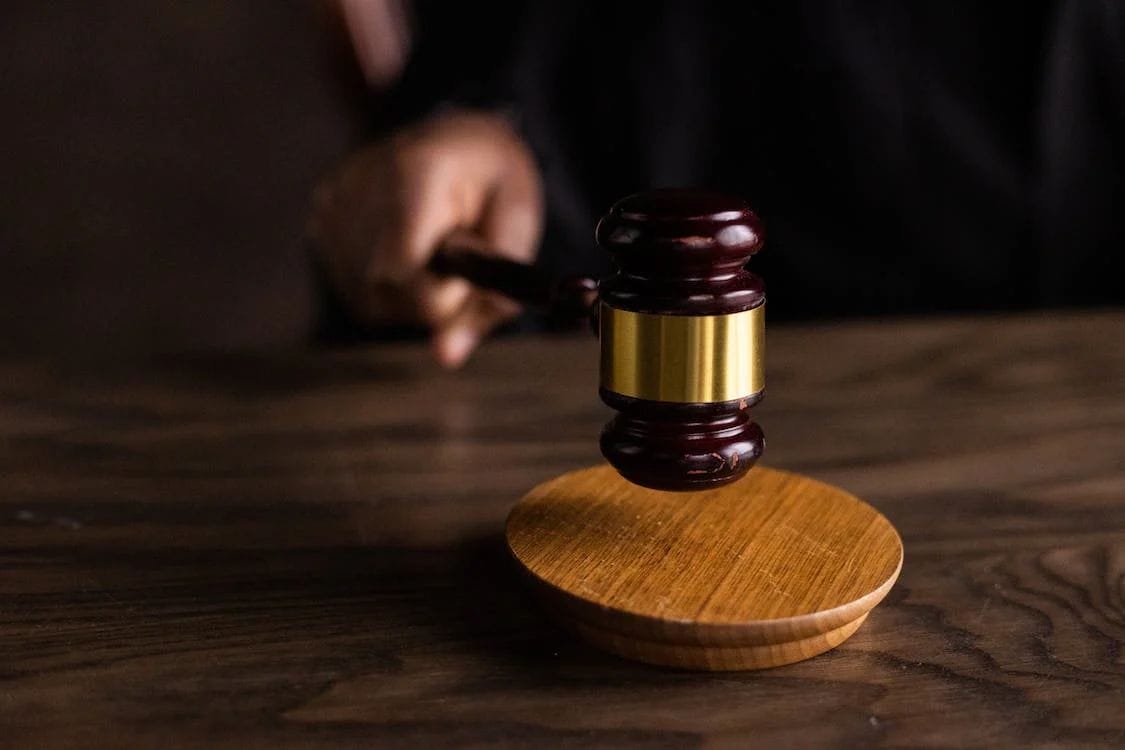
Monsanto’s Legal Defense and Response
Monsanto's legal defense against the onslaught of lawsuits has been multi-faceted. The company has consistently maintained that its products, including glyphosate-based herbicides and GM seeds, are safe and have undergone rigorous testing. Central to their legal strategy is challenging the scientific basis of the health allegations against their products. Monsanto contends that numerous studies and regulatory assessments have affirmed the safety of their offerings.
Monsanto’s Legal Strategy
In courtrooms, Monsanto has argued that the scientific consensus supports the safety of glyphosate, and they have sought to disprove the causation between their products and health issues raised in various lawsuits.
The company has also emphasized compliance with existing regulations, asserting that its products have been approved by regulatory agencies worldwide. Monsanto's legal defense has often pivoted on technicalities, procedural matters, and adherence to established industry norms.
Monsanto’s Public Relations Efforts
Facing public backlash and a tarnished reputation, Monsanto has engaged in strategic public relations efforts to address concerns and regain trust. The company has implemented a communication strategy focused on emphasizing the benefits of its products for farmers, the agricultural industry, and global food security.
Monsanto has sought to present itself as a contributor to sustainable agriculture, framing its innovations as essential for meeting the demands of a growing population.
In addition, Monsanto has invested in outreach programs, attempting to foster direct communication with farmers and the wider public. The company has underscored its commitment to transparency, providing information about its products, safety protocols, and environmental impact assessments.
The Aftermath of Lawsuits and Monsanto’s Future
Following a history of legal disputes, Monsanto now grapples with the aftermath. The repercussions extend beyond the courtroom, leaving a lasting impact on the company’s financial standing, reputation, and operational dynamics.
Financial Impact on Monsanto
Multi-million and billion-dollar settlements have translated into substantial financial losses for the company. These legal expenses and the costs associated with compliance and regulatory adjustments have created significant financial challenges. Monsanto's financial resilience and capacity for continued research and development have been hampered, impacting its ability to navigate a rapidly evolving agricultural industry.
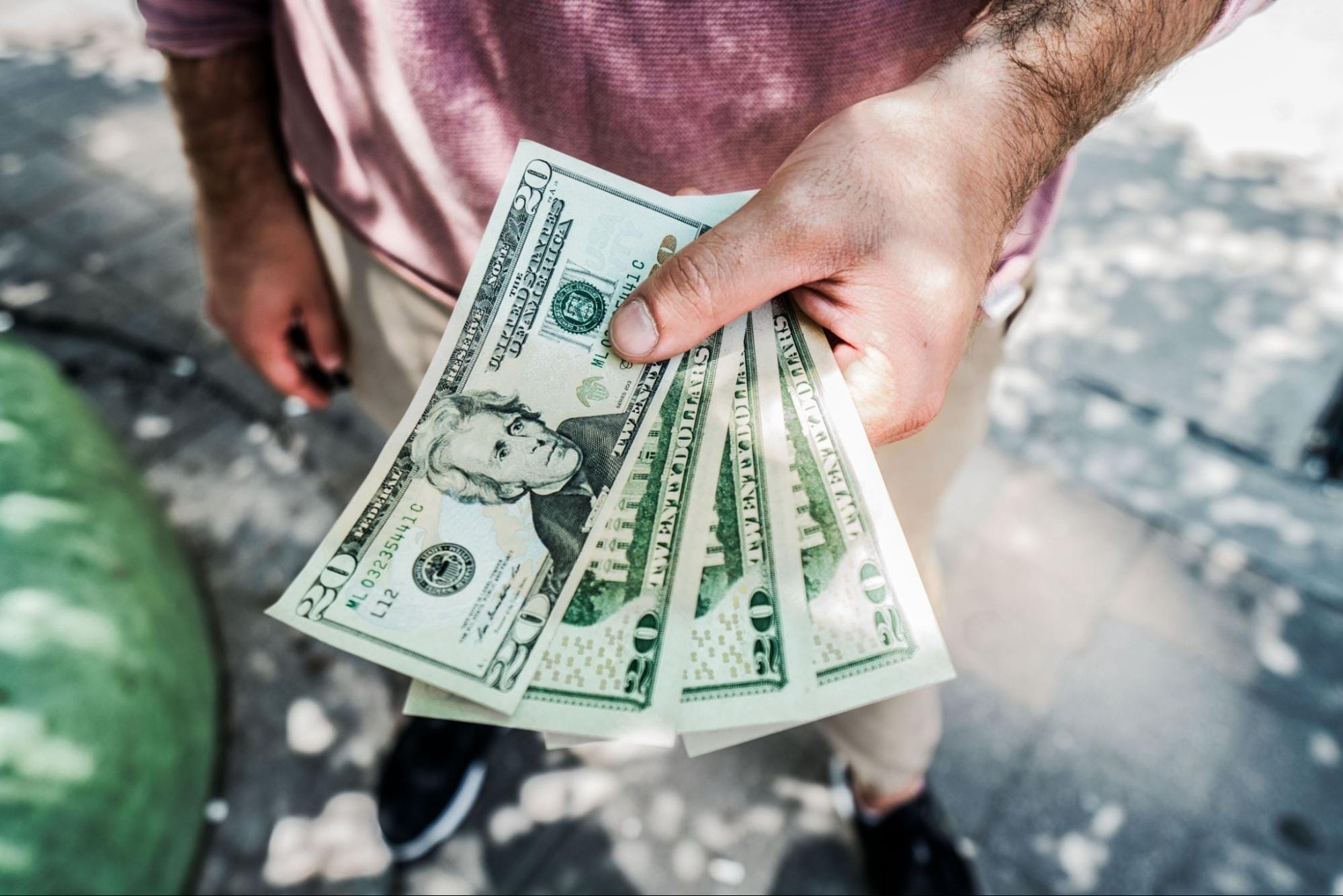
Reputational Damage to Monsanto
The lawsuits have eroded Monsanto's once unassailable reputation. Accusations of negligence, environmental harm, and health risks associated with its products have fueled public skepticism. The company's image as a pioneer in agricultural technology has been overshadowed by concerns about the safety of its offerings.
Rebuilding trust with consumers, farmers, and stakeholders is a formidable challenge. This necessitates transparent communication, ethical practices, and a steadfast commitment to addressing the environmental and health concerns that emerged during the legal disputes.
Operational Challenges for Monsanto
The legal battles Monsanto has faced, especially those related to the safety of its herbicides and GMOs, have introduced profound operational challenges. This reshaped the way the company conducts its business.
The legal fallout has prompted regulatory authorities in various countries to reevaluate and impose restrictions on the use of glyphosate. Some regions have implemented partial or total bans on the herbicide, impacting Monsanto's ability to market and sell one of its core products.
The operational landscape for Monsanto's research and development teams has been complicated by the need to address emerging concerns raised during the lawsuits. This includes exploring new agricultural technologies, ensuring that future products adhere to heightened safety and environmental standards, and developing non-glyphosate herbicides.
Takeaways for the Public and Other Corporates
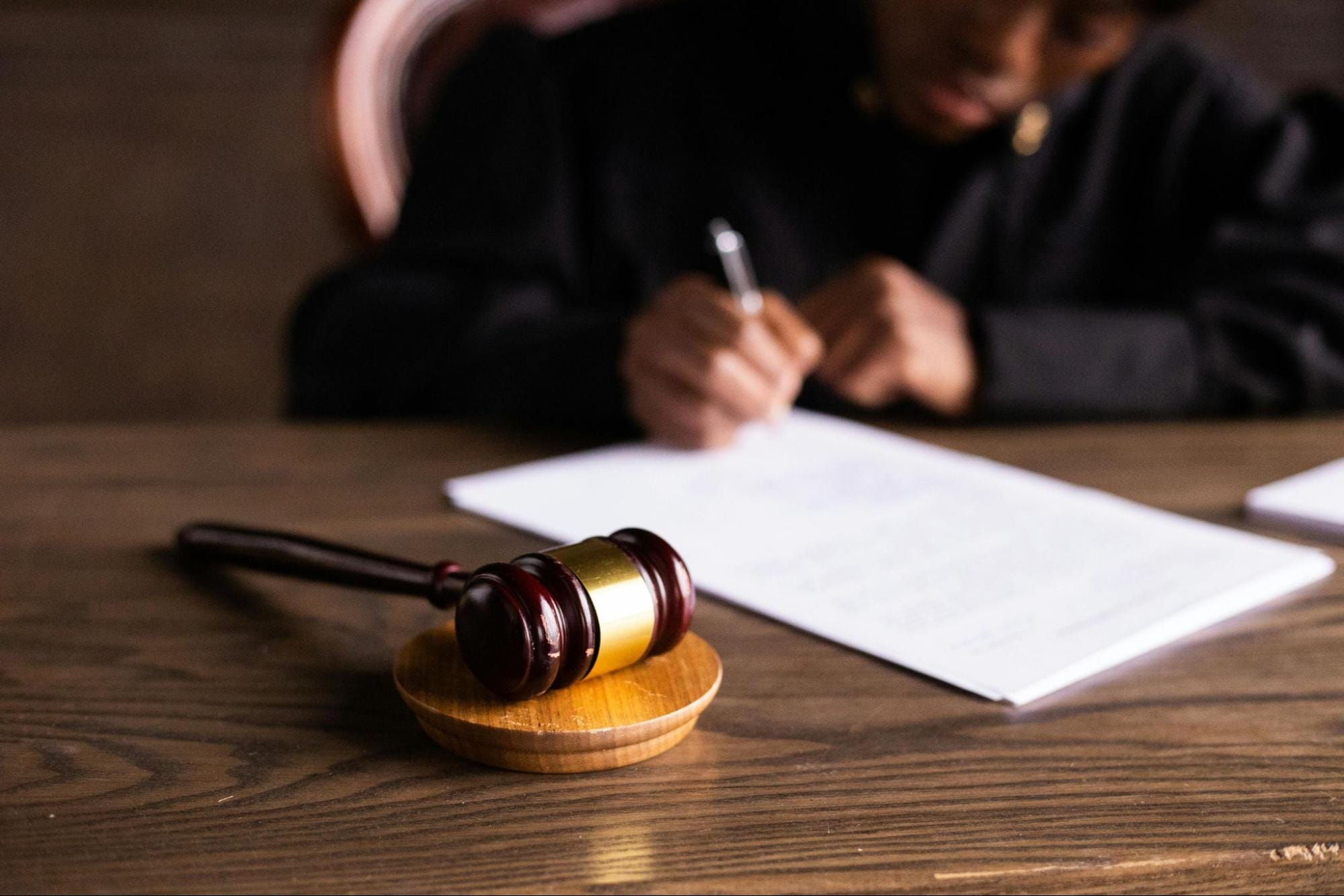
Monsanto's legal battles provide valuable insights for the public, regulatory bodies, and corporations operating within the science, agriculture, and public health sectors.
The lawsuit against Monsanto is a collective call to action, urging stakeholders to prioritize safety, transparency, and responsible innovation. As other corporations encounter similar challenges, the lessons gleaned from Monsanto's legal battles underscore the importance of aligning business practices with societal and environmental values.
Moving forward, a collaborative approach involving corporations, regulators, and the public is essential to navigate the complex interplay of science, commerce, and public welfare in the realm of agriculture.
References
Bhardwaj, M., Kalra, A., & Bhardwaj, M. (2021, March 26). Bayer’s Monsanto, India’s NSL settle long-running GM cotton seed dispute. Reuters. https://www.reuters.com/world/india/exclusive-bayers-monsanto-indias-nsl-settle-long-running-intellectual-property-2021-03-26/
Community Outreach | Monsanto. (n.d.). Monsanto. https://qa.monsanto.parado.cz/company/outreach/
Consumer Notice. (2023, August 29). Roundup Weed Killer | Uses, Safety & Cancer Risk. Consumer Notice, LLC. https://www.consumernotice.org/environmental/pesticides/roundup/
France, & France. (2022, December 8). “€11,000 for so much sacrifice”: Bayer pesticide ruling ends French farmer’s 15-year battle. France 24. https://www.france24.com/en/france/20221208-%E2%82%AC11-000-for-so-much-sacrifice-bayer-pesticide-ruling-ends-french-farmer-s-15-year-battle
Genetically Modified seeds in India: IP rights and regulatory framework. (2023, June 6). lexstartpartners.com. https://www.lexstartpartners.com/post/genetically-modified-seeds-in-india-ip-rights-and-regulatory-framework
Goldman, B. H. A. &. (2021, November 18). California Couple Retains $87 Million Monsanto Roundup Verdict. PR Newswire. https://www.prnewswire.com/news-releases/california-couple-retains-87-million-monsanto-roundup-verdict-301428683.html
King, P. (2022, June 24). Supreme Court won’t derail landmark Roundup cancer verdict. E&E News by POLITICO. https://www.eenews.net/articles/supreme-court-wont-derail-landmark-roundup-cancer-verdict/
Miller, B. R. V., Jr. (2023, November 13). Monsanto roundup lawsuit update. Lawsuit Information Center. https://www.lawsuit-information-center.com/roundup-mdl-judge-question-10-billion-settlement-proposal.html
Monsanto to pay record $95 million to end Ferguson’s lawsuit over PCBs | Washington State. (2020, June 24). https://www.atg.wa.gov/news/news-releases/monsanto-pay-record-95-million-end-ferguson-s-lawsuit-over-pcbs
NEWS WIRES. (2019, January 21). Weedkiller Roundup banned in France after court ruling. France 24. https://www.france24.com/en/20190116-weedkiller-roundup-banned-france-after-court-ruling
Profita, C. W. |. C. (2022, December 16). Oregon reaches nearly $700M settlement with Monsanto over PCB contamination. Opb. https://www.opb.org/article/2022/12/15/oregon-settlement-monsanto-pcb-contamination-attorney-general-ellen-rosenblum/
Repetti, M. R. (2023). Dicamba. In Elsevier eBooks. https://doi.org/10.1016/b978-0-12-824315-2.01065-4
Review of litigation against Monsanto regarding the safety of glyphosate – Center for Agricultural and Shale Law. (n.d.). https://aglaw.psu.edu/ag-law-in-the-spotlight/review-of-litigation-against-monsanto-regarding-the-safety-of-glyphosate/
Saha, P. (2021, August 9). Roundup is finally going to be made without glyphosate in the US. Popular Science. https://www.popsci.com/health/bayer-lawsuit-phase-out-roundup/
Staff, R. (2020, February 16). U.S. peach grower awarded $265 million from Bayer, BASF in weedkiller lawsuit. U.S. https://www.reuters.com/article/us-bayer-dicamba-lawsuit-idUSKBN20A0JJ
X, S. (2023, September 20). Glyphosate: where is it banned or restricted? Phys.org. https://phys.org/news/2023-09-glyphosate-restricted.html
Yan, H. (2018, November 1). Cancer patient who was awarded $289 million in Monsanto trial says he’ll take $78 million instead. CNN Health. https://edition.cnn.com/2018/11/01/health/monsanto-plaintiff-accepts-lower-award/index.html




